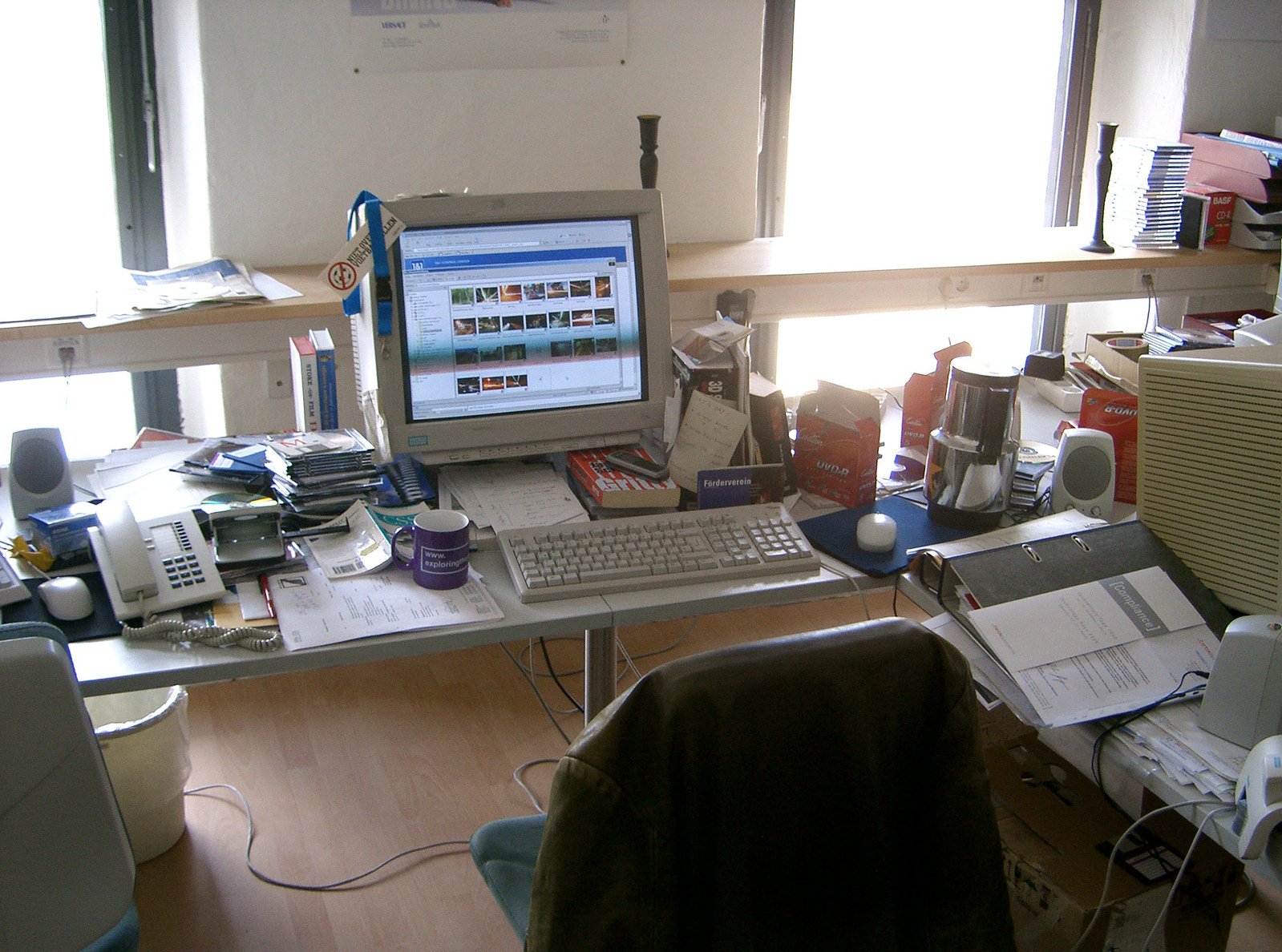

Remember these types of computers? Back in those days the Debian project had the same problems. It's nothing new.
One week ago we published over 8,000 E-mails from Debian-Private (1996-1997). I have spent the past week studying them, mostly to find much chaos, including expulsions, resignations, serious security incidents and a Debian Project Leader, Ian Jackson, 'elected' without an actual election (Bruce Perens just really didn't want that role/job anymore). Towards the end of 1997, when a logo proposal was floated and SPI was already established, some high-level people felt like the project was in disarray from a management perspective. Flaming and fuming did not help. We aren't going to link to pertinent messages or name those involved. It's all there in the archive and we don't want to draw further attention at the expense of privacy (many of those involved aren't even alive anymore).
"We were gratified to see that this year, for the first time in half a decade, Debian (or DebConf) did not take Microsoft money."Now fast-forward 24 years, with Debian as the base of most distros, all top (TOP500) computers running GNU/Linux, and Microsoft writing cheques to SPI, looking for something in return. Yesterday I studied quite closely all the past Debian Project Leaders; this year, unlike some prior years, enough people stepped up for the election (albeit not initially) -- in order for an election to actually take place. I publicly stated at the time that I thought Carter would be a good leader. He was soon elected. Months down the line things seem to have calmed down and Phoronix has just published something about Carter, in particular about his DebConf talk ("The Problems Debian Is Facing In 2020"). "Debian's finances are sitting at around a healthy $896,065 USD," it says, "COVID-19 has helped their finances a bit in regards to less travel/conference expenses. Carter also noted as part of their fund, Debian is in the process of acquiring two new Lenovo servers they were able to obtain discounted to help in their efforts."
We were gratified to see that this year, for the first time in half a decade, Debian (or DebConf) did not take Microsoft money. This is a positive change. Microsoft is nowadays working very closely with fascists and advancing their agenda in exchange for favours if not bailouts [1, 2]. Debian can handle a few opinionated volunteers; it should definitely steer well away from money of war criminals and companies that commit crimes against humanity. They bribe routinely. Debian doesn't need to worry too much about size, prestige, and money; the important thing is, do not get compromised. Several concerns were raised to that effect also in 1997, sensing that money was contributed with strings attached to it. Jackson referred to that as "dirty money" and others had proposals as well. All of these issues are not new! Having spent like 20 hours going through thousands of E-mails, the old saying comes to mind: the more things change, the more they stay the same.
Long live Debian. My wife and I happily use "Buster" and don't intend to change that. Every project run by volunteers (without fear of salary loss) is bound to have ideological differences and even fights -- sometimes over pure politics. This is the price of free speech. ⬆